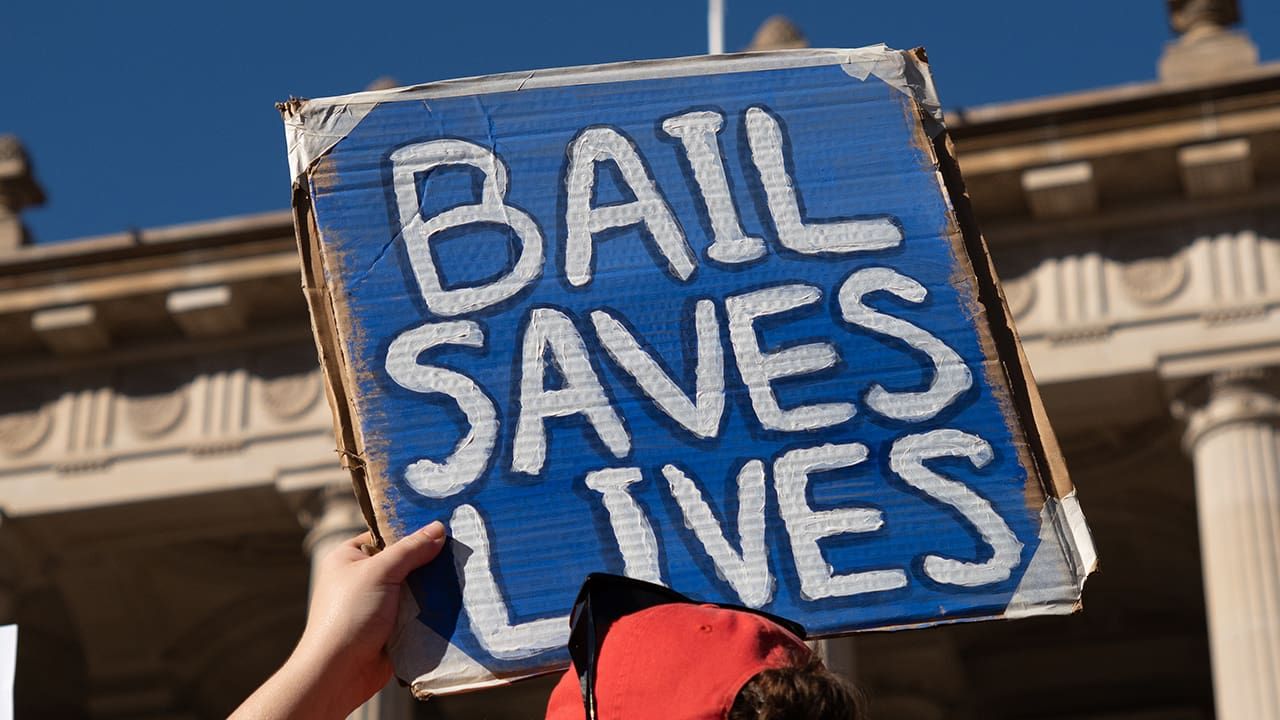Government removing the COVID safety blanket from NSW workers
James Watt, Senior Associate • November 16, 2021
On Sunday, 14 November 2021 the NSW Government issued a very discreet media release wherein it stated that it intends to imminently repeal protections afforded to NSW workers in the wake of the COVID-19 pandemic.
In May 2020, when the effects of the COVID pandemic were becoming readily apparent, the Government introduced a special law (section 19B of the Workers Compensation Act). That law introduced a presumption that if a prescribed worker contracts COVID-19 whilst engaged in various forms of employment, then the disease will be presumed to have been contracted during the course of that work.
For the purpose of that law, a prescribed worker includes someone working in retail, education, healthcare, disability or aged care, and emergency services (just to name a few). In order words, those workers who are most at risk and vulnerable to the COVID virus.
Essentially, if such a worker contracted COVID-19, then it was automatically presumed that their employment had been the cause of their contracting the virus.
Why is this important?
The law typically requires a worker to prove their case and, in the context of workers compensation, to prove that their employment was a substantial contributing factor to their ultimate injury.
In the case of a spinal injury resulting in the midst of performing heavy lifting at work, these matters are much clearer cut.
However, when asking a worker to prove that they contracted COVID-19 in the workplace, how is that achieved?
In reality, the worker will be relying upon:
1. NSW contact tracers to appropriately identify the source of infection; or
2. Employers to be transparent and openly provide evidence as to whether other employees are vaccinated, had symptoms, have been required to self-isolate, or have tested positive.
Of course, the worker will be facing an uphill battle in those circumstances. They will be relying upon a system of contact tracing which has previously been overwhelmed and unable to cope with the number of cases circulating the State. Furthermore, employers have been known to construct a proverbial wall to block-out employees and the flow of information relating to case-sensitive information.
The worker is, therefore, left alone and unable to effectively prove their case.
The presumption in favour of COVID being caused by employment reverses those issues. It relies on the party with access to the most information and power (the employer) to provide the information to disprove, on the balance of probability (likelihood) that the virus was not contracted at work. How can they do that? Of course, employers have access (or can request) information from employees during periods of absence or illness and are therefore in a better position to be aware of whether other employees (who could spread the virus) are sick from COVID. They are also more likely to be contacted by the relevant NSW government contact tracers, to inform them about any COVID risks or exposures.
It therefore makes sense to have such a presumption.
However, the NSW Government has clearly prioritised the economic reopening of NSW ahead of the wellbeing of workers. Indeed, in their press release they have said “Now that the economy is steadily reopening, we want businesses investing in new staff and higher wages, not inflated insurance bills… Small businesses have been hit hard enough by COVID-19 restrictions over the past two years, so now would be the wrong time for them to be slugged with a massive, unexpected insurance premium increase”.
Instead, the worker will be required to prove their case against what is set to be insurmountable odds. Furthermore, the worker will be relying upon their lawyers to invest significant time effort and expertise into the case.
What is forgotten is that those lawyers will often be paid heavily restricted fees as low as $1,800 under an ILARS grant to perform work often exceeding $20,000, and in more complex cases often exceeding $30,000.
What will this mean? Some lawyers will simply turn workers away, restricting their ability to access justice.
The introduction of the presumption relating to COVID-19 in the workplace was a step in the right direction to balancing the scales between employer and worker. Those scales are now being tipped back in favour of employers and, whilst that may help small business short term, it is likely to significantly impact the workforce whom they employ.
At Kells we are experts in workers compensation claims. We have considerable experience in workplace accident claims, and we can help you. If you have suffered COVID-related injury in the workplace, contact our office today.
Photo 231497132 © Viorelpoparcea | Dreamstime.com

Kells has been delivering outstanding services and legal expertise to commercial and personal clients in Sydney and the Illawarra region for more than five decades. Our lawyers are savvy and understand your needs.
Subscribe
Want to get the latest articles and news delivered to your inbox?




